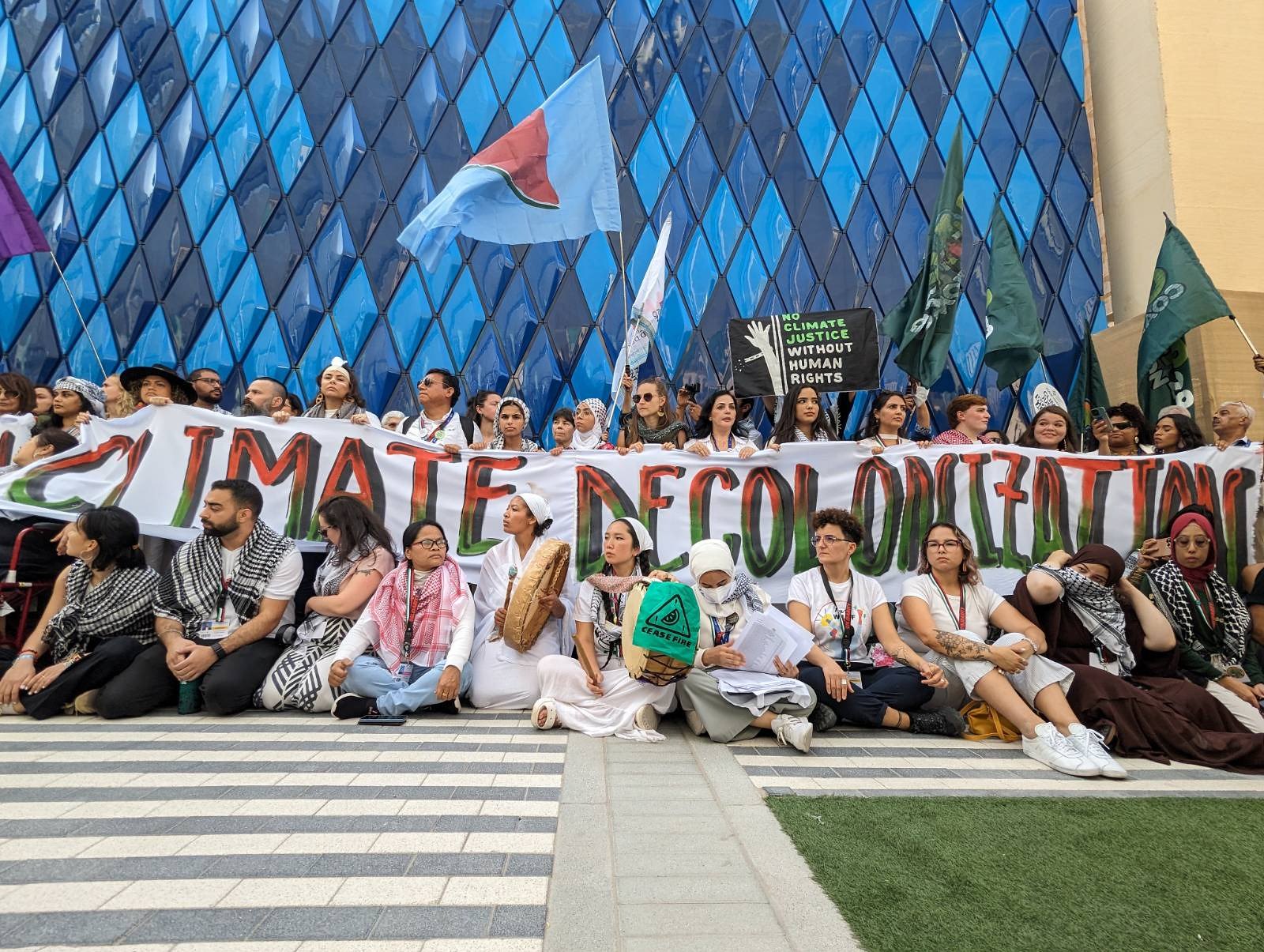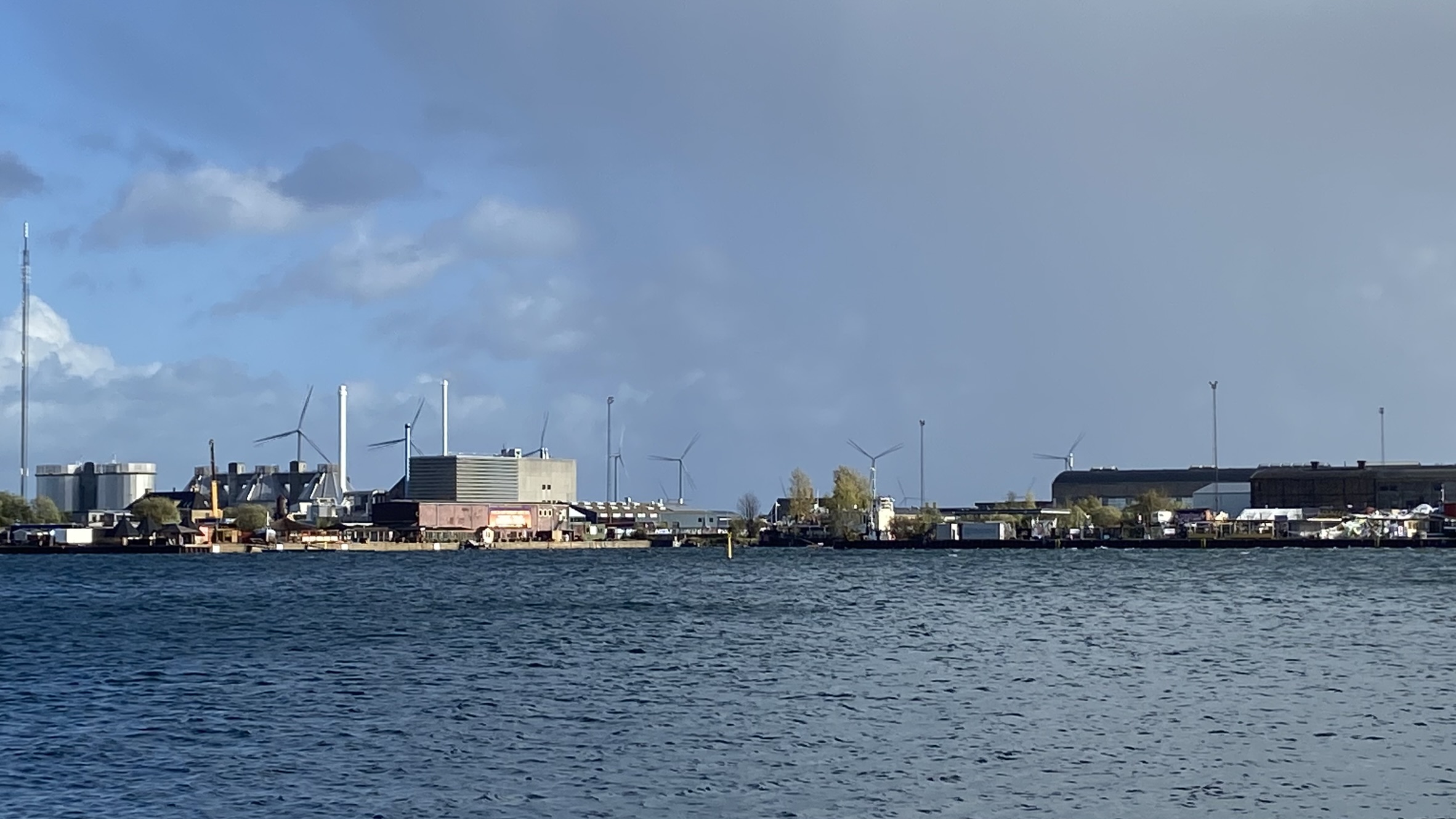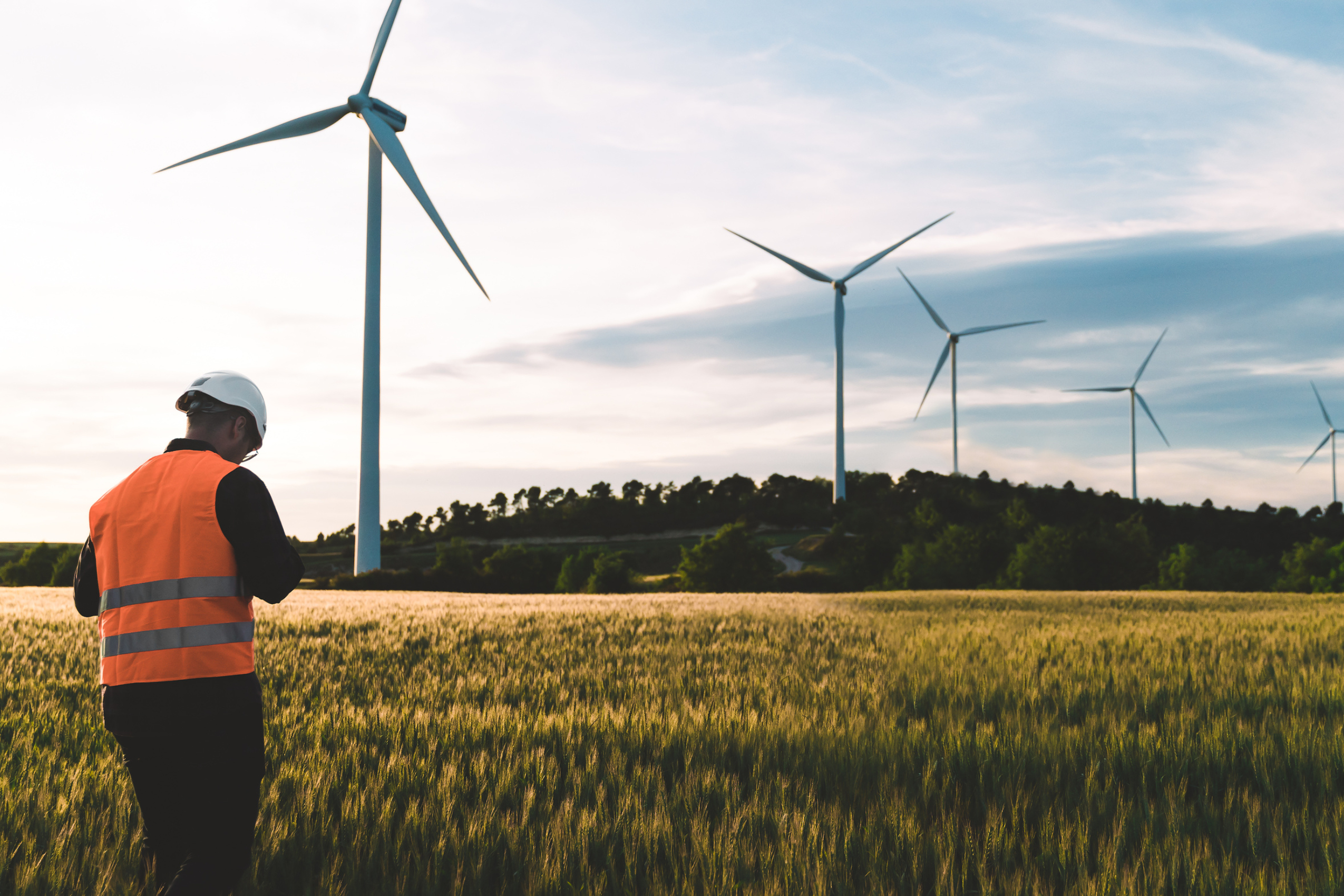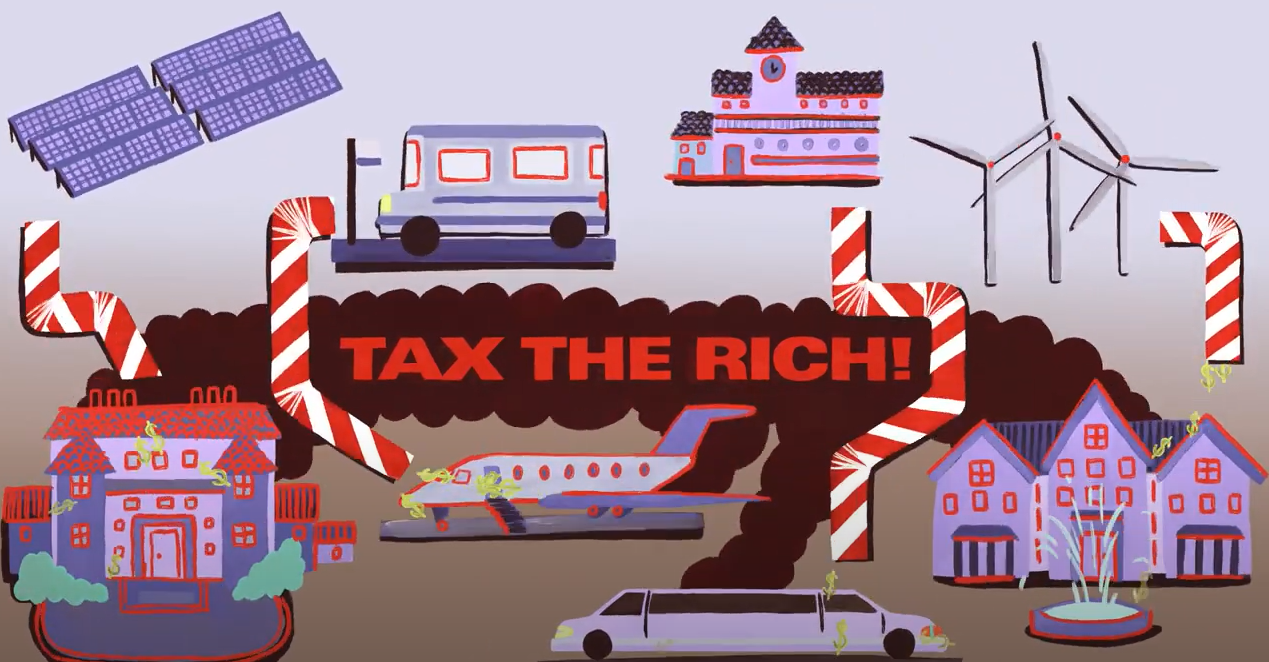Join us for a virtual webinar with Indigenous women climate justice leaders and advocates from the Small Island Developing States
RSVP
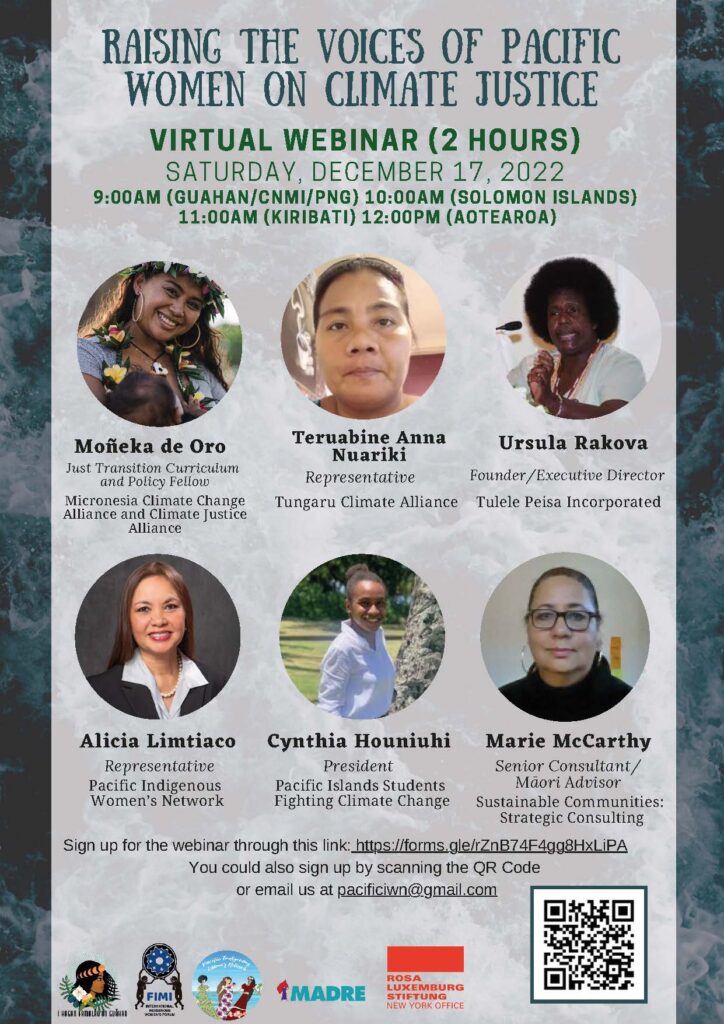
Indigenous Women climate justice leaders and advocates from the Small Island Developing States (SIDS) of Kiribati in Micronesia and Papua New Guinea in Melanesia, and from Aotearoa (New Zealand) in Polynesia and Guahan (Guam) and the Northern Mariana Islands in Micronesia will speak on critical climate issues impacting Pacific communities.
Our panel members represent the diversity of our Pacific communities and will discuss the following:
Moñeka de Oro is an Indigenous CHamoru woman from Guahan (Guam) and the Northern Mariana Islands and a community climate justice organizer and educator. Ms. de Oro will discuss the role of Indigenous women in advancing climate justice in the Pacific including the North Pacific Micronesian region, and the intersections of militarization, Indigenous sovereignty, gender equality, language, cultural preservation, and environmental protection.
Teruabine Anna Nuariki is an Indigenous woman from Kiribati, a representative of the Tungaru Climate Alliance, and a community and educational leader. Ms. Nuariki will discuss the displacement of Indigenous Peoples moving inland due to the onset of sea level rise and the lack of warning alerts affecting the livelihood of Indigenous Peoples living in the coastal areas. The climate crisis has severely and adversely impacted the Indigenous population with the most vulnerable being women, youth, and the elderly, including causing brackish water where well water once was and causing sickness among children and the elderly.
Ursula Rakova is an Indigenous Papua New Guinean woman from the Carteret Islands, the founder and director of Tulele Peisa, and a community and educational leader. Ms. Rakova will discuss the relocation efforts of the Carteret Islanders, who face extinction from climate change impacts and extreme weather events, demonstrating the power and essential role of women’s leadership in effective climate change response. To ensure that the Carteret Islanders can survive in their new homes, she founded a cocoa cooperative of 640 small farmers in Bougainville, primarily women, to create a reliable income stream to sustain the Carteret Islanders and their new neighbors as they forge a future together.
Alicia Limtiaco is an Indigenous Chamoru woman from Guahan (Guam) and a community leader, educator, trainer, and attorney. Ms. Limtiaco will discuss the impact of climate change/climate crisis on women and girls, including violence against women and girls, climate change/climate crisis as a compelling human rights emergency and the challenges to sustainable development, and the critical importance of equal access to justice and the rule of law to achieve gender equality and climate justice.
Cynthia Houniuhi is an Indigenous woman from the Solomon Islands and a youth community leader. She is the president of the Pacific Islands Students Fighting Climate Change (PISFCC). Ms. Houniuhi will discuss the history, formation, and advocacy efforts of the PISFCC and their objectives to take climate change and human rights to the International Court of Justice and to educate youth in the Pacific to become climate resilient and engage in activism to ensure climate justice for their and future generations.
Marie McCarthy is an Indigenous Māori woman from Aotearoa (New Zealand) and a community strategist, researcher, and project leader. Within the context of climate change, Māori face a range of inequities that are likely to be exacerbated in the future. As a nation, they are more likely to live along the coastlines and rivers, less likely to have climate-ready homes or options due to low socio-economic status, and more likely to endure health risks due to climate change. These key factors sit within a broader context of Māori having high unemployment rates, low educational achievement, and poor health. Aotearoa (New Zealand) is also a place that climate migrants, refugees, and wealthy families view as a viable option for the future. Ensuring the government upholds its Treaty obligations will be pivotal for future Māori pathways, cultural continuity, and resilience development.
WHEN:
If you will be joining from the Pacific: Saturday, December 17, at 9:00 am ChST/Guahan (Guam)/NMI and PNG; 10:00 am Solomon Islands; 11:00 am Kiribati; 12:00 pm Aotearoa (New Zealand)
If you will be joining from the Americas: Friday, December 16, at 6:00 pm Eastern Time
RSVP
Organized by the Pacific Indigenous Women’s Network (PIWN) with supporting sponsorship by I Hagan Famalåo’an Guåhan (IHFG), the International Indigenous Women Forum (FIMI), MADRE, and the Rosa Luxemburg Stiftung New York Office (RLS-NYC)
